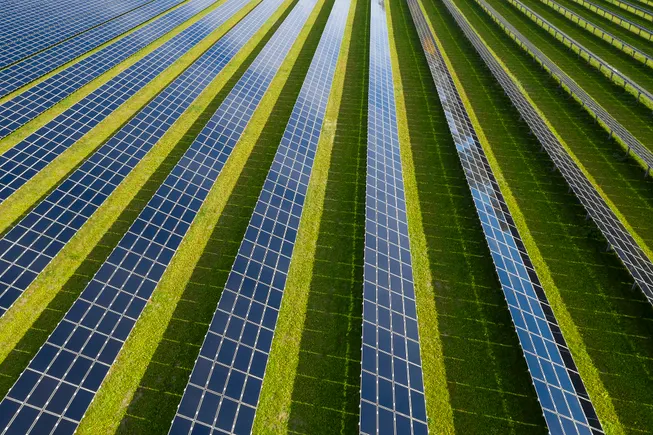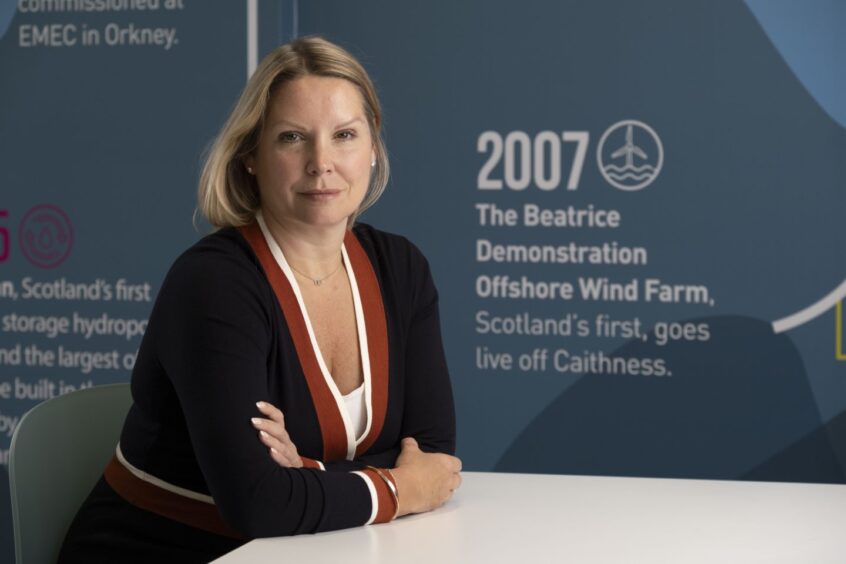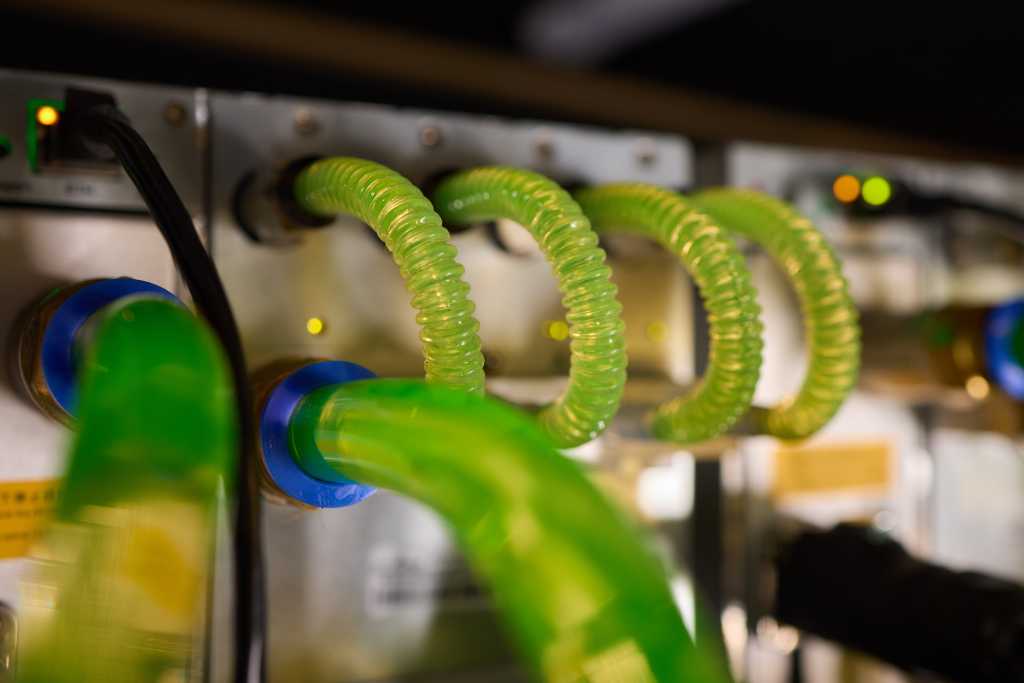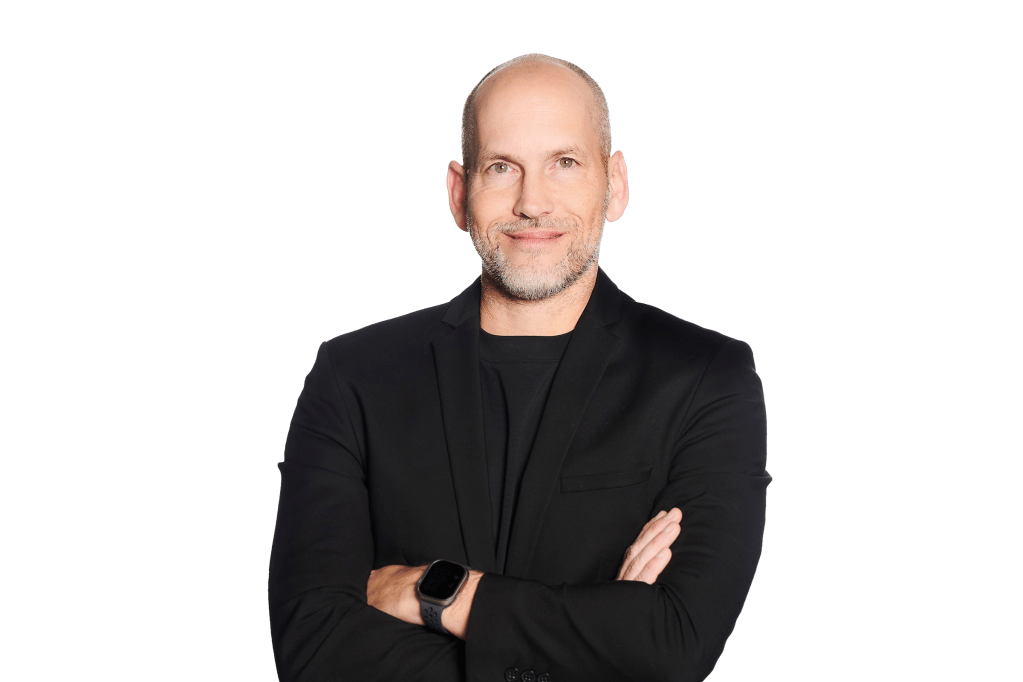In this week’s Charging Forward, Centrica has warned it could shut down its Rough offshore gas storage facility without UK government support.
Meanwhile, Harmony Energy is in the midst of a bidding war for its battery storage portfolio with competing offers from Drax Group and Foresight Group.
In addition, Field Energy, SAE, Balance Power and EOS are all progressing various battery energy storage system (BESS) projects across the UK.
This week’s UK energy storage headlines:
- Centrica warns it may close Rough gas storage facility
- Harmony Energy Income Trust to auction battery storage portfolio
- SAE forms joint venture with Econergy for 250 MW Uskmouth BESS
- EOS gets approval for £62m Teesside BESS
- Field secures £42m loan to accelerate three UK BESS projects
- Balance Power secures approval for 29.9 MW Ayrshire BESS
- Devon council rejects Clearstone Enrgy 150 MW BESS plans
- International energy storage news: Noon Energy targets ultra long duration storage and China’s Sungrow installs BESS near Arctic Circle
Centrica warns it may close Rough offshore gas storage facility
British Gas owner Centrica has warned it may shut down and decommission its Rough offshore gas storage facility without additional UK government support.
In an interview with the BBC, Centrica chief executive Chris O’Shea said operating the Rough facility will lead to a £100 million loss for the company this year.
“If we were to simply spend £2 billion redeveloping this field and the summer-winter gas price stays the same, then we will lose that £2bn and we’ll lose the cost of operating the facility,” O’Shea said.
“It’s just not sustainable.”
Centrica initially shut down Rough in 2017, but moved to reopen the site following Russia’s invasion of Ukraine in 2022.
 © Supplied by Centrica
© Supplied by CentricaThe company is investigating converting the Rough facility for offshore hydrogen storage, amid ongoing concerns about the UK’s lack of gas supply flexibility.
O’Shea called on the UK government to “help create the conditions which will unlock £2bn of investment” in Rough.
Centrica has advocated for the government to extend eligibility for its long duration energy storage (LDES) cap-and-floor mechanism for hydrogen storage projects.
The uncertainty surrounding Rough comes despite Chris Stark, the head of the government’s Mission Control, recently telling a Westminster committee that hydrogen is “hard to beat” for LDES.
SAE and Econergy to work together on 250 MW Uskmouth BESS
Edinburgh-headquartered SAE has entered into a strategic joint venture with Israeli firm Econergy International to develop a 250 MW BESS project in Wales.
The Afon Wysg 2 (AW2) BESS is the second stage of SAE’s plans to redevelop the former Uskmouth coal-fired power station near Newport into a sustainable energy park.
Singaporean-owned SAE recently secured an £8.5 million loan from the Cardiff Capital Region to progress the 120 MW/240 MWh AW1 BESS project at the site.
In joining with Econergy on progressing AW2, SAE said the combined experience of the two firms ensures the project is “well-positioned” to secure planning consent and move toward financial closure.
With battery technology rapidly progressing and reducing in costs, SAE also said it will design AW2 for a maximum duration of up to five hours, increasing its potential capacity 1.25 GWh.
SAE said it aims to secure planning permission within the next 12 months and reach a final investment decision in 2027.
AW2 will be the third battery storage project at Uskmouth, following AW1 and an existing 460 MW project which SAE sold in 2023.
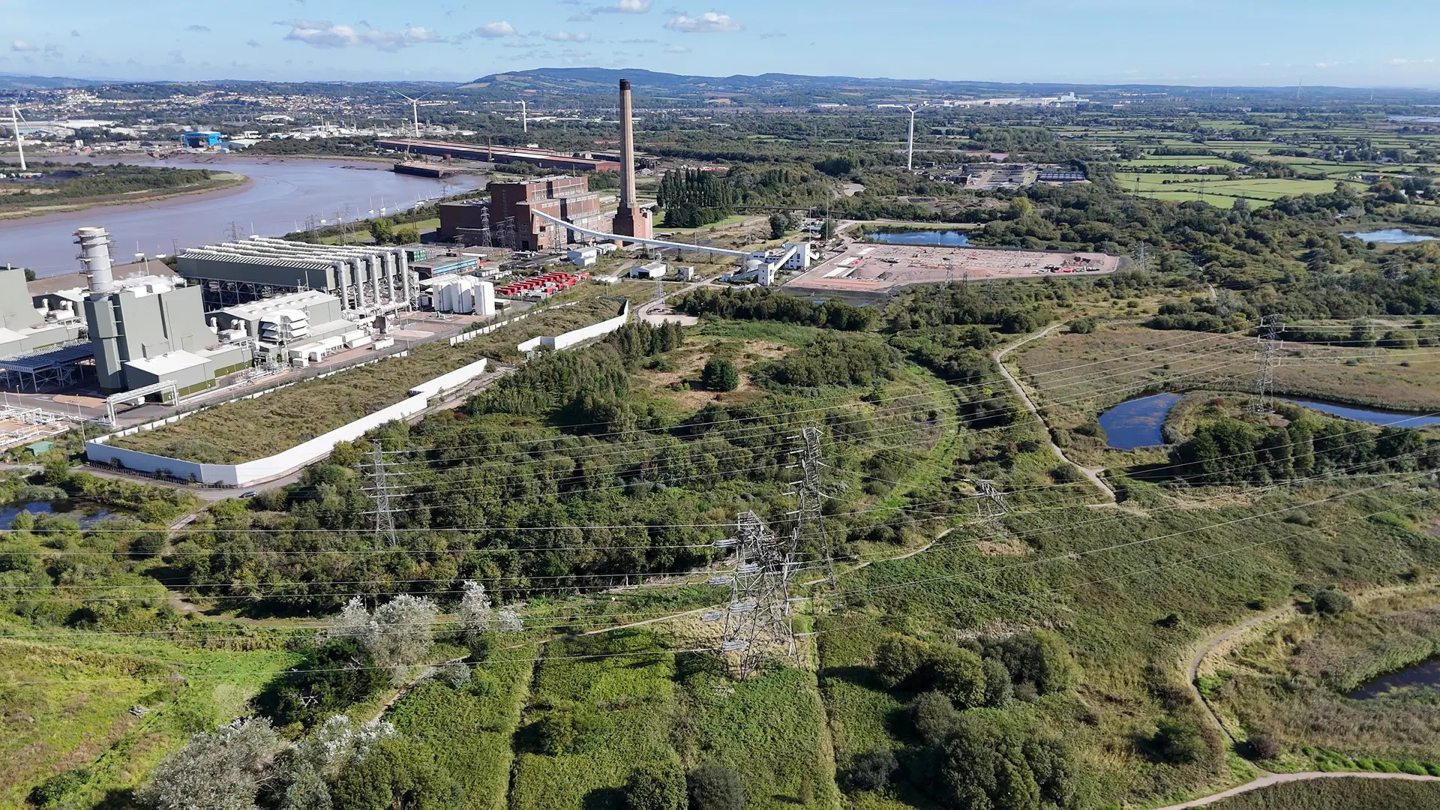 © Supplied by SAE
© Supplied by SAESAE chief executive Graham Reid said the partnership with Econergy is “an ideal fit for both parties and for the project”.
“We have a clear strategy to be an independent power producer, and we are delighted to be partnering with a company that has the same strategy,” Reid said.
Econergy head of storage Joshua Murphy said the joint venture with SAE marks a “strategic milestone” for the company’s continued expansion into the UK energy storage market.
“As we scale our energy storage portfolio across Europe, the AW2 project reflects our commitment to building critical infrastructure that supports the UK’s grid stability,” Murphy said.
“Partnering with SAE at one of the UK’s most advanced energy hubs reinforces our ambition to be a leading force in delivering flexible, reliable, and sustainable power solutions.”
Alongside Uskmouth, Econergy is progressing four other BESS projects in the UK as well as solar and battery storage projects in Poland, Italy, Romania and Greece.
Harmony Energy to auction battery storage portfolio
London-listed battery storage developer Harmony Energy Income Trust (HEIT) is set to go under the hammer this week after receiving bids from Drax and Foresight Group.
HEIT announced on 25 March that it had agreed a £200m deal with Drax covering its fully operational portfolio of eight UK BESS projects.
The proposed cash acquisition valued the company at a price of 88p per share, representing an 11% premium compared to its closing price on 24 March.
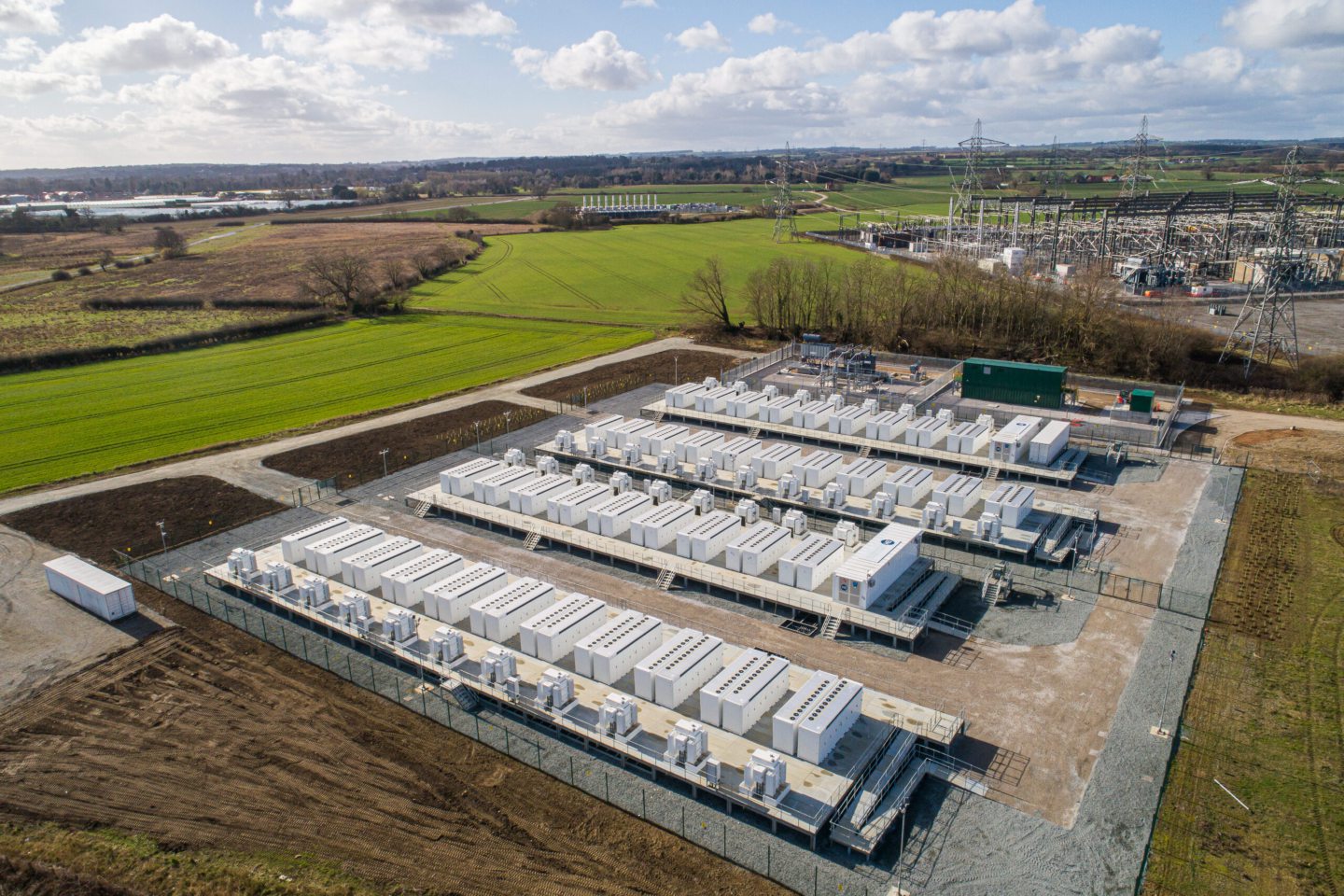 © Supplied by Harmony Energy
© Supplied by Harmony EnergyHowever, on 16 April HEIT announced it had agreed terms with Foresight Group subsidiary PP Bidco Ltd which valued the company at 92.4p per share.
In a statement on 19 May, HEIT said that as neither Drax nor Foresight have declared their offers final a “competitive situation continues to exist”.
As a result, the HEIT board has approved an auction procedure which will take place on Wednesday 21 May.
Following the results of the auction process, HEIT said its board will make a further announcement setting out which offer it will recommend to its shareholders.
EOS gets approval for £62m Teesside BESS
Council authorities have approved plans from Energy Optimisation Solutions (EOS) to build a £62m battery storage site at the Teesworks industrial site.
The project will support more than 100 jobs and cut carbon emissions by around 4,000 tonnes, the developers said.
The 100 MW BESS project will be located on a three-acre plot at the Long Acres section of the 2,500 acre Teesworks site on the south bank of the River Tees.
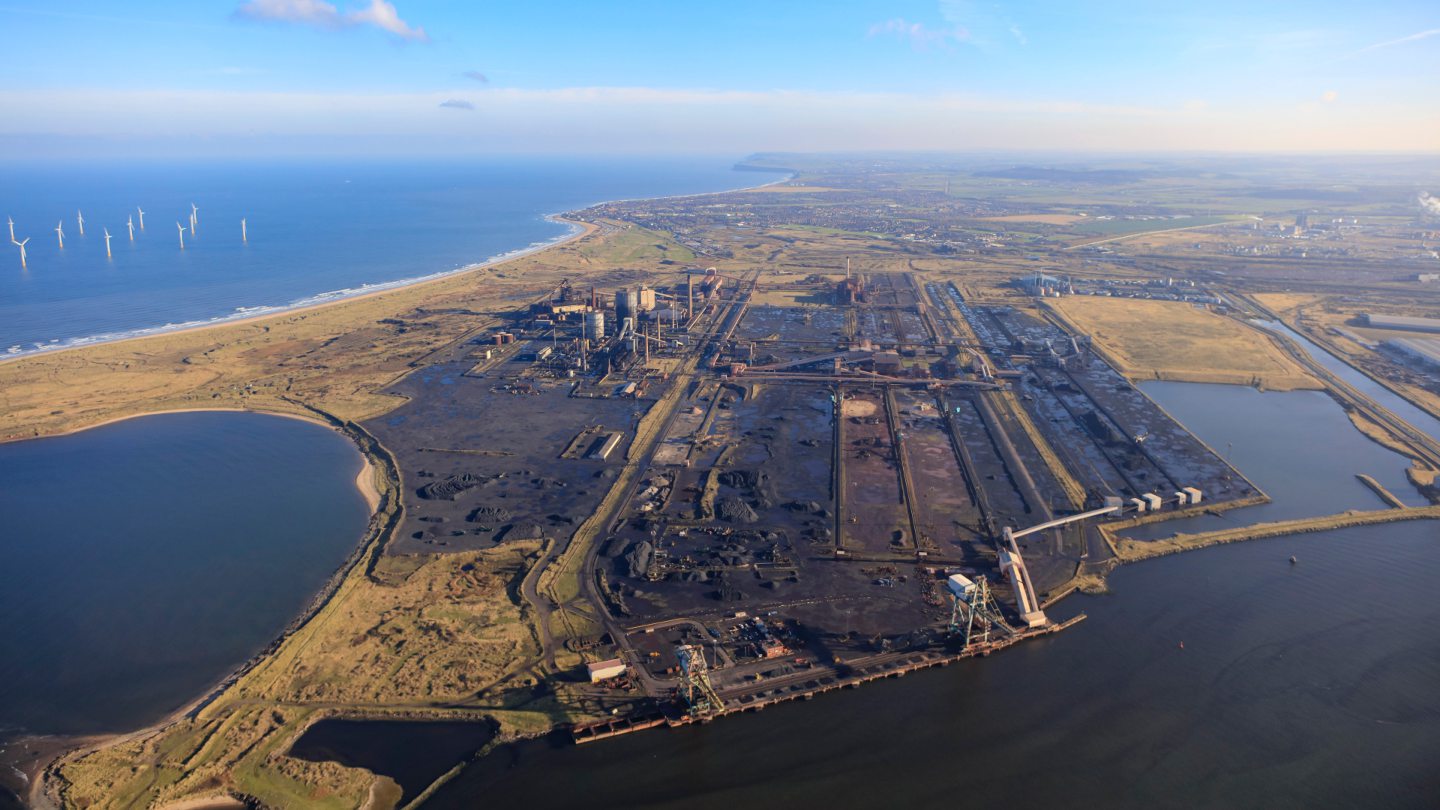 © Supplied by BP
© Supplied by BPEOS director Peter Walker said the Teesworks site is the “perfect location” for the company’s next BESS facility.
“If we as a country are going to hit our net zero ambitions then energy storage is absolutely essential,” Walker said.
EOS is building several BESS projects across the UK, including a 230 MW facility at Newport in south Wales.
Tees Valley Mayor Ben Houchen said: “This project is a further key investment in our plan to transform Teesworks into a powerhouse for renewable energy.
“This battery storage facility will not only support the multi-billion pound industries of the future we are bringing to Teesside, but will also provide well-paid work that directly benefits local people.”
Field secures £42m to accelerate three UK BESS projects
UK battery storage developer Field has secured a £42m loan to accelerate three BESS projects in England and Scotland representing 125 MW of storage capacity.
Field said the investment agreement with Rabobank and ING covers financing for the 25 MW Whitebirk BESS near Blackburn.
It also covers two Scottish projects, including the 50 MW Holmston BESS near Ayr and the 50 MW Drum Farm BESS near Keith in Moray.
The Holmston and Drum Farm projects will begin operations in 2026 and 2027 respectively, while Whitebirk is expected to come online later this year.
Once deployed, all three two-hour duration sites will be capable of powering the equivalent of just over 415,000 homes for two hours when called on.
Field forecasts the projects will avoid up to 170,665 tonnes of CO2 emissions from entering the atmosphere over their lifetime.
In addition, Field said its battery storage projects will contribute to reducing wind curtailment costs which reached up to £253m in the first two months of 2025.
Field chief financial officer Stephen White said the agreement also covers the use of Gaia, Field’s in-house flexibility platform, to optimise the three BESS projects.
Balance Power secures approval for 29.9 MW Ayrshire BESS
UK battery storage developer Balance Power has secured planning permission from East Ayrshire Council for its 29.9 MW BESS project near Coylton.
Balance Power said the project, comprising 18 battery units, will help to power approximately 16,200 homes.
Once operational, the company estimates the Coylton BESS will reduce CO2 emissions by about 11,000 tonnes annually, equivalent to taking nearly 8,000 cars off the road.
As part of the project, Balance Power said it has also installed solar panels on the nearby Ochiltree Community Hub.
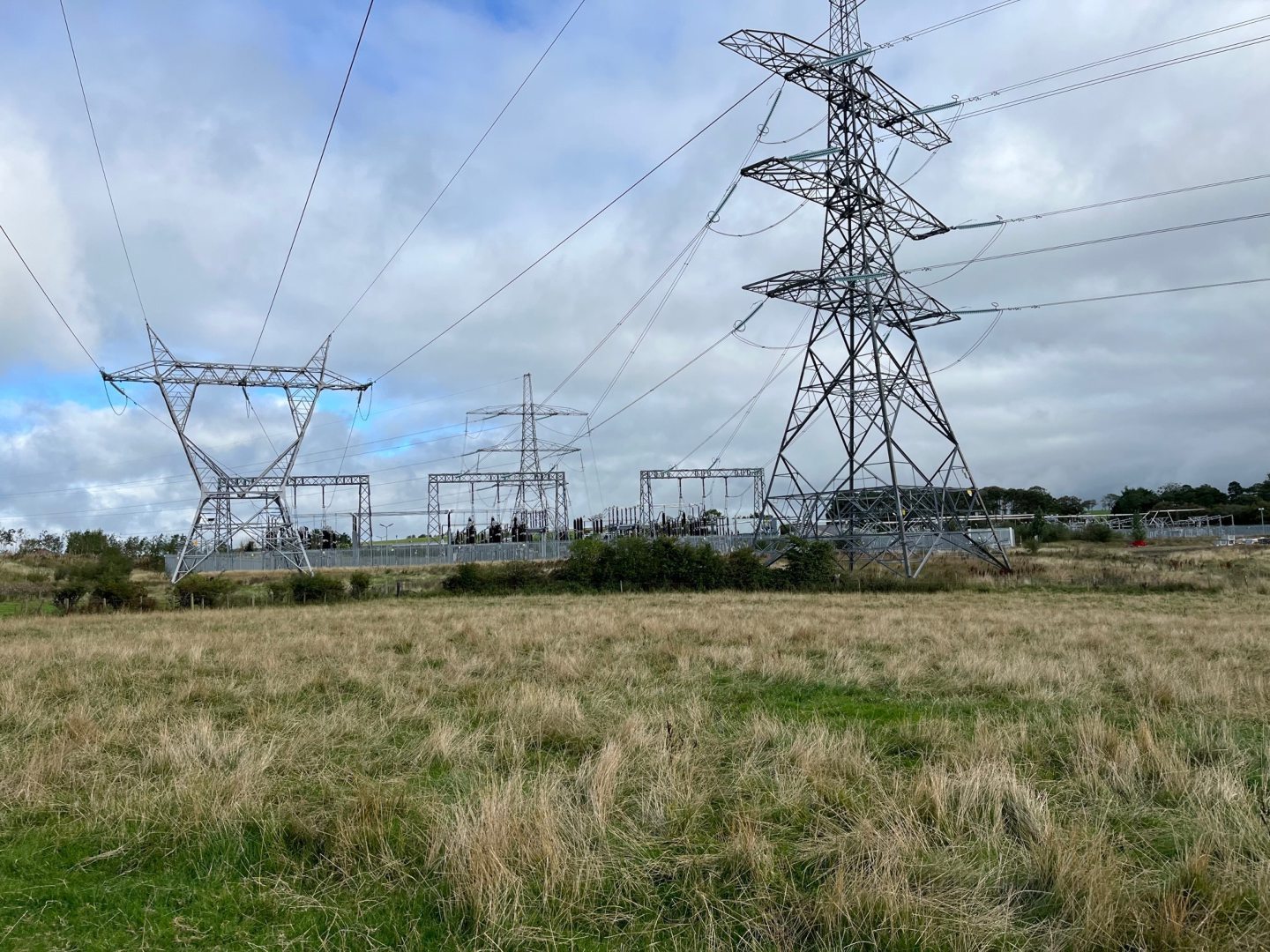 © Supplied by Balance Power
© Supplied by Balance PowerBalance Power connections manager Oli Pettersen said the company is proud to have received unanimous approval from the council for its plans.
“As well as advancing local and national net zero goals, this battery storage site is set to make a positive impact on Coylton and the surrounding area, creating local construction and operation jobs and bolstering its energy security and reliability,” he said.
“We’re especially pleased to be supporting the Ochiltree community hub as part of our work in the area – it’s a targeted but impactful way that we can contribute to the incredible work being done there.”
Clearstone Energy 150 MW Axminster BESS plans rejected
A council in Devon has rejected plans from Clearstone Energy for a 150 MW BESS project.
The BBC reported East Devon District Council refused planning permission for the Axminster Energy Hub after a nearly four hour debate in which residents raised fire safety and pollution concerns.
Clearstone Energy policy and strategy director Simon Rothwell told the BBC that projects like Axminster were “critical” to increasing energy security, reducing energy costs and slowing the rate of climate change.
He also said the BESS plans would not have “put the safety of local residents or the water supplies at risk”.
Energy Voice contacted Clearstone Energy for comment on whether the company would appeal the planning refusal, but did not receive a response.
Despite the Devon setback, the UK solar and battery developer achieved planning success in recent weeks after securing consent for two other BESS hubs in England.
International energy storage news
Noon Energy targets ultra long duration storage
California-based startup Noon Energy has begun a full-scale demonstrations of its ultra-long duration energy storage (ULDES) battery technology, which has the ability to provide between 100 and 1,000 hours of storage capacity.
Founded in 2018 by former NASA scientist Chris Graves, Noon has developed a novel low cost, high energy density carbon-oxygen battery technology.
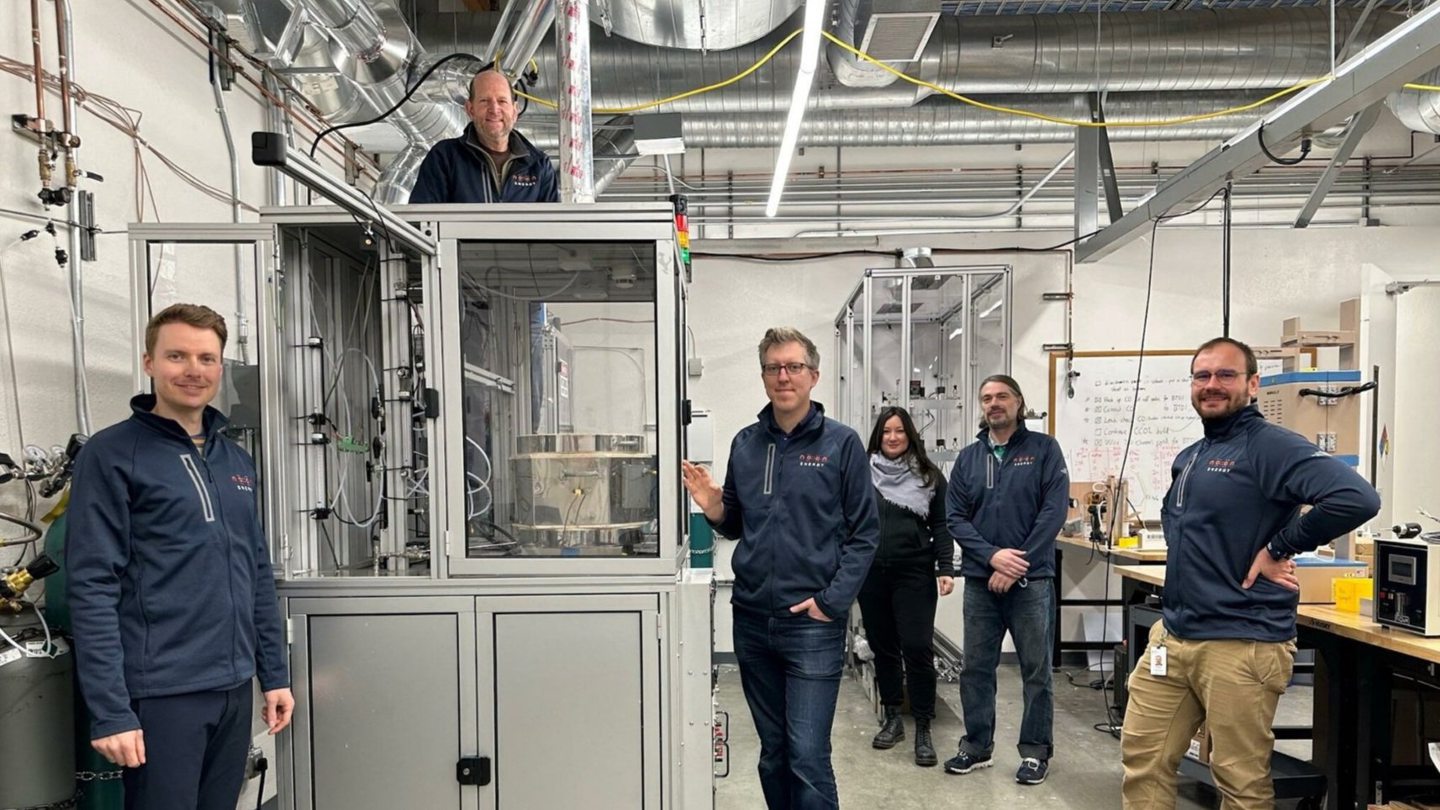 © Supplied by Noon Energy
© Supplied by Noon EnergyA key benefit of the technology is that it does not store energy in metals, but instead stores it in carbon and oxygen using nature-based chemistry principles.
This removes the need for elements like lithium and cobalt, and the Noon technology only requires around 1% of the minerals needed for lithium-ion batteries.
Noon raised $28m (£21m) in financing in 2023, with investors including Saudi Arabia’s Aramco Ventures and climate fund Clean Energy Ventures.
Later this year, Noon plans to demonstrate its technology on a 100 kW/10 MWh system in a pilot project.
Noon secured $8.8m from the California Energy Commission in 2024 to progress the demonstration project.
Graves, the company’s founder and chief executive, told US media that the company’s full-scale demonstration model “has proven to be very successful”.
“We are working towards productising and scaling up production of Noon’s battery products to be available to the market as soon as possible,” Graves said.
China’s Sungrow installs 60 MWh BESS near Arctic Circle
Chinese battery developer Sungrow has deployed a 60 MWh battery storage project less than 100km from the Arctic Circle near the town of Simo in Finland.
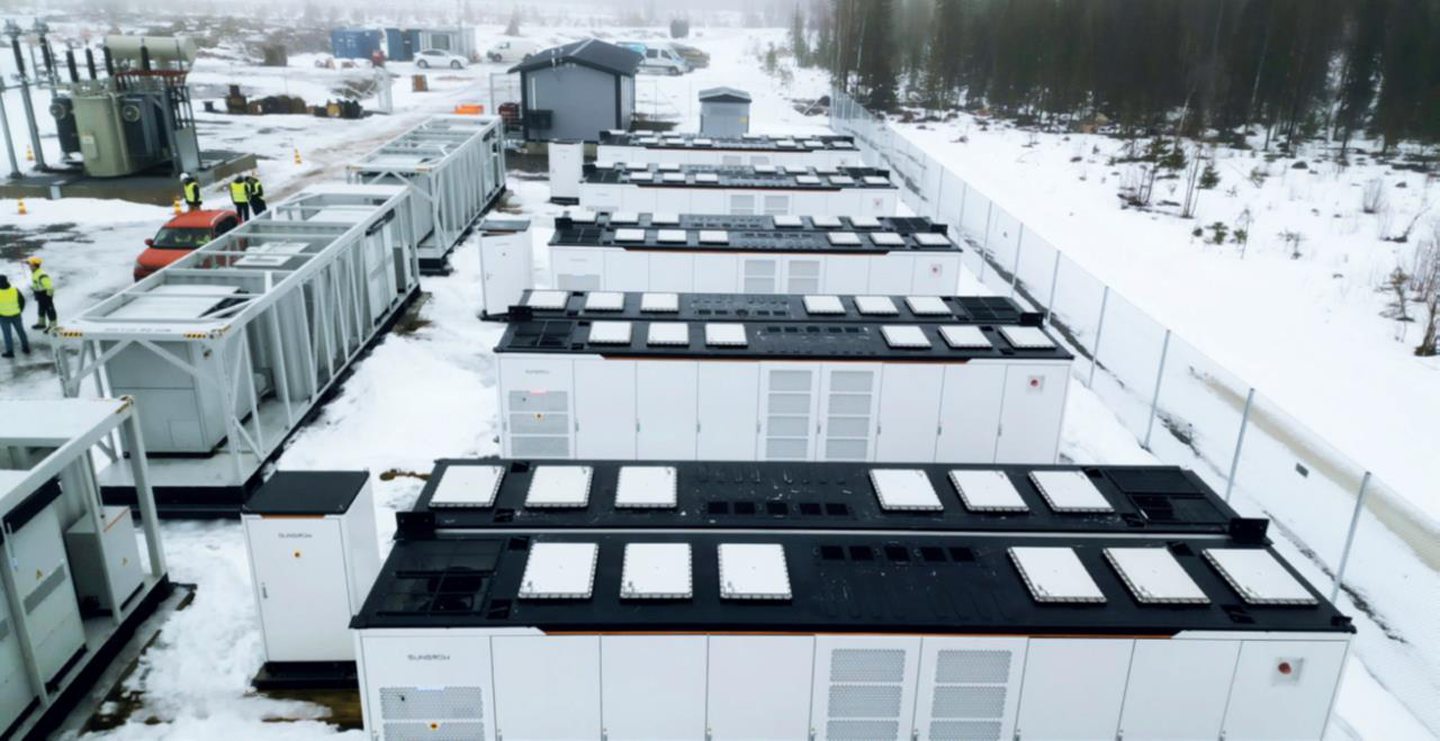 © Supplied by Sungrow
© Supplied by SungrowSungrow said the project, part of its FRV AmpTank joint venture, is one of the northernmost battery storage projects in the world.
Incorporating 26 Sungrow PowerTitan 1.0 battery containers, Sungrow said the Simo project will play a “vital role” in stabilising the local grid amid increasing renewable energy generation.
Charging Forward, bringing you the latest in UK and international energy storage news, is kindly sponsored by ABB BESS-as-a-Service.







